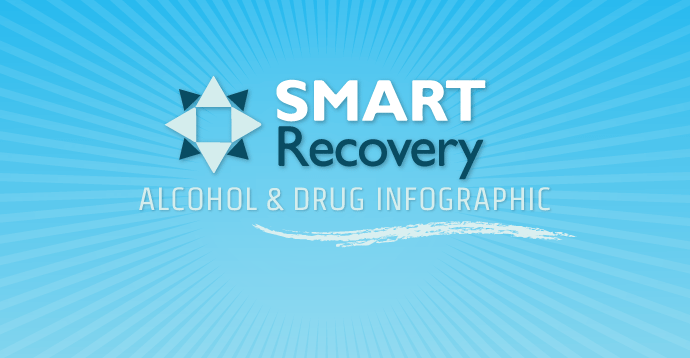Gain Understanding Into Conquering Triggers And Food Cravings After Completing Rehabilitation By Exploring Successful Methods To Safeguard Your Sobriety And Take Care Of Tight Spots
Gain Understanding Into Conquering Triggers And Food Cravings After Completing Rehabilitation By Exploring Successful Methods To Safeguard Your Sobriety And Take Care Of Tight Spots
Blog Article
Material Created By-Bojesen Cash
You have actually finished Drug rehabilitation and taken a substantial action towards a healthier way of life. And now, facing triggers and cravings post-rehab can be a challenging trip. Exactly how do you navigate with these moments without compromising your progression? Comprehending the strategies to manage triggers and yearnings is crucial in keeping your sobriety. Let's explore reliable ways to manage these difficulties and secure your newfound commitment to living a drug-free life.
Recognizing Triggers and Yearnings
To successfully manage your triggers and yearnings, begin by recognizing the circumstances or feelings that lead to your desire to use. Take a minute to assess what scenarios or feelings prompt your desires. Is it anxiety, dullness, social situations, or specific places? By identifying these triggers, you can better prepare yourself to handle them.
Triggers can be both internal, such as negative emotions or physical pain, and external, like being around people who use compounds or going to a certain location.
Focus on patterns in your yearnings-- are they a lot more frequent at specific times of the day or in response to specific occasions?
Building Healthy Coping Approaches
Identifying your triggers and yearnings is the initial step towards building healthy coping techniques to handle them properly. Once you understand what situations, feelings, or individuals trigger your yearnings, you can begin creating a plan to address them.
One reliable approach is to replace adverse actions with positive ones. For example, if stress activates yearnings, practicing relaxation techniques such as deep breathing or meditation can aid. Engaging in https://www.wabe.org/opening-doors-to-recovery-seeks-to-help-inmates-struggling-with-mental-illness-and-drug-addiction/ as workout or choosing a stroll can additionally be a great means to deal with yearnings.
One more crucial aspect of building healthy and balanced coping strategies is to create a helpful environment. Border yourself with individuals that comprehend your journey and can give inspiration and accountability. It is necessary to develop limits with individuals that might not sustain your healing.
In addition, creating a routine that includes healthy behaviors like normal workout, correct nourishment, and adequate sleep can assist you stay on track and lower the probability of experiencing triggers and yearnings.
Looking For Support and Responsibility
Creating a network of helpful people who can offer encouragement and hold you accountable is critical in taking care of triggers and food cravings efficiently. Seek friends, relative, or a support system who comprehend your journey and can use assistance when you deal with challenging circumstances.
Having Amazing Continuing care addiction in CA to speak to during minutes of lure can make a substantial difference in remaining on track with your recovery. Responsibility partners can assist you stay focused on your objectives and remind you of the reasons that you selected to look for assistance to begin with.
They can also help in creating a structured strategy to cope with triggers and yearnings, such as establishing alternate tasks or dealing mechanisms to replace the urge to use medications. Normal check-ins with your support system can provide reassurance and inspiration, helping you feel less separated in your healing trip.
Conclusion
Bear in mind, identifying and dealing with triggers and yearnings after Drug rehabilitation is a key component of maintaining sobriety.
By recognizing your triggers, developing healthy and balanced coping techniques, and seeking support from liked ones or support groups, you can browse with difficult minutes and remain focused on your sobriety goals.
Keep in mind, you aren't alone in this journey, and with the right tools and assistance, you can conquer lures and live a fulfilling, drug-free life.
Keep strong and maintain moving on.
